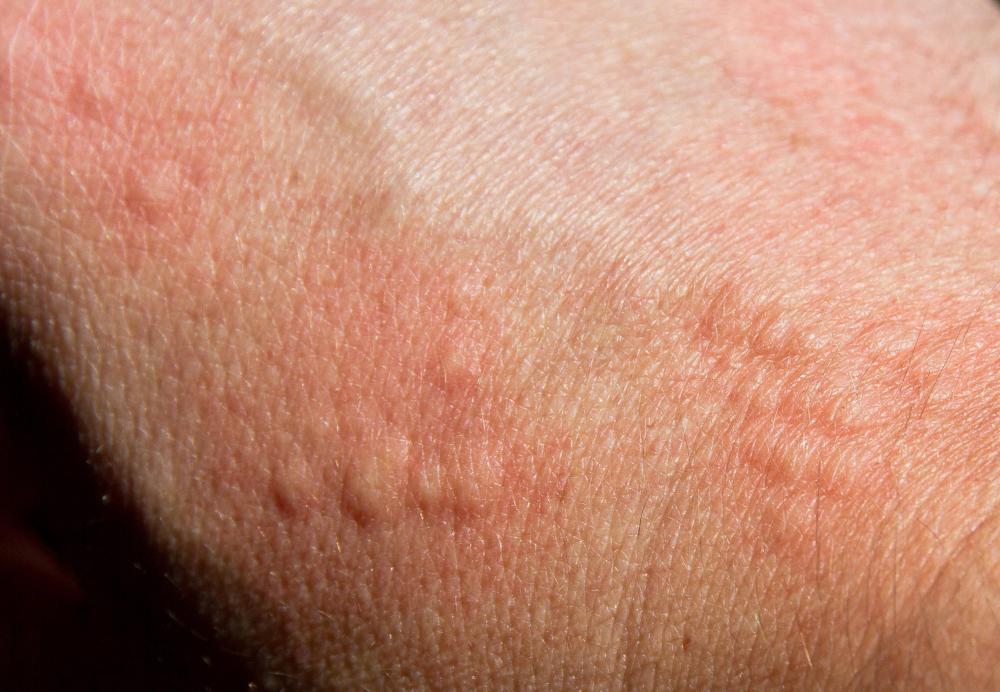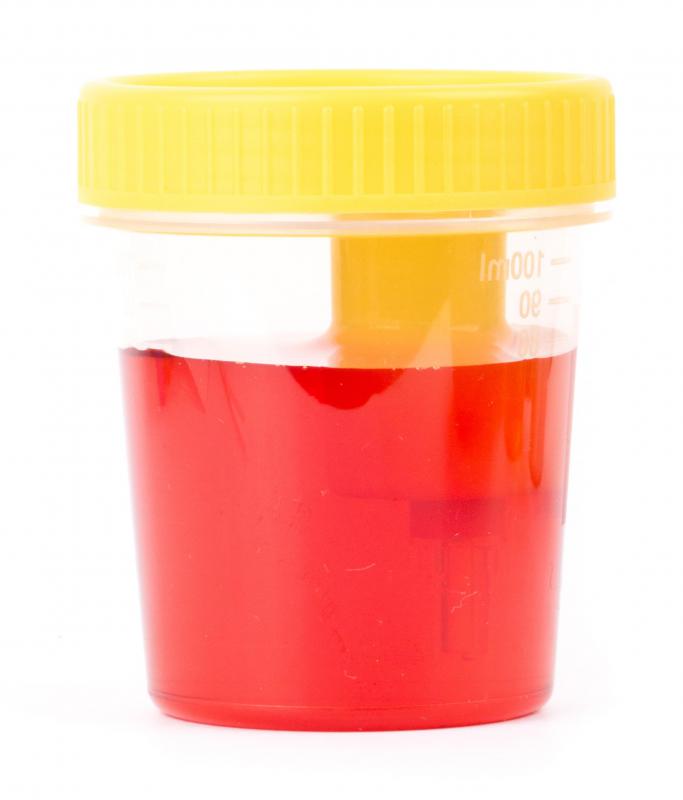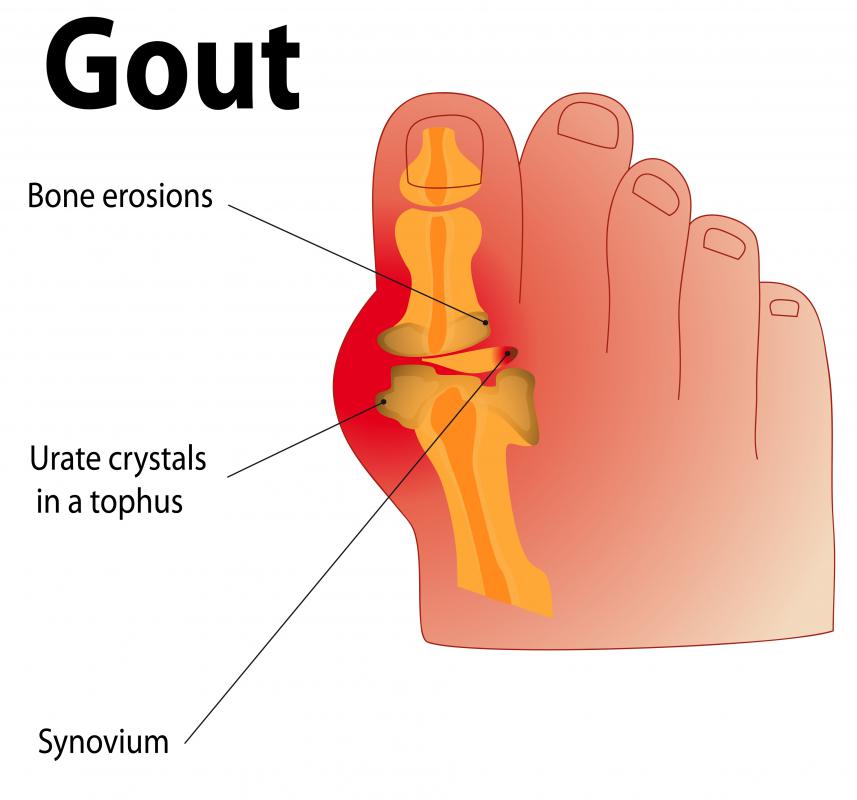At WiseGEEK, we're committed to delivering accurate, trustworthy information. Our expert-authored content is rigorously fact-checked and sourced from credible authorities. Discover how we uphold the highest standards in providing you with reliable knowledge.
What is Colchicine?
Colchicine is a drug that is used to treat and prevent gout, also referred to as gouty arthritis; it can be taken in tablet form or given as an injection. Gout is a condition people develop when their blood and joints have a buildup of uric acid. When this occurs, joint inflammation is the result, a problem that is marked by heat and pain. Colchicine cannot cure attacks of gout, and it is not used to replace medications prescribed for lowering uric acid concentrations in the body. What it does is help in preventing and relieving attacks of gout through inflammation reduction.
Usually, when a person uses this medication, he takes it in small amounts over a long period of time. For example, a person may take this medication for months or years at a time. However, some people are prescribed the medication for short-term use. In such a case, a doctor typically prescribes a large amount of the medication to be used over several hours. This larger dose is used only when an attack of gout is actively occurring.

Generally speaking, side effects of the medication are significantly lower with smaller amounts and long-term use. The side effects of colchicine include such things as stomach pain, nausea, and vomiting. Diarrhea may occur too. These side effects warrant contact with the doctor who prescribed the medication as well as immediate discontinuation until further evaluation.

Other side effects may occur, though they are rare, including such things as black, tarry stools, bloody bowel movements and urine, breathing problems while engaging in physical activity, fever, chills, and headache. Also among the rare side effects are facial swelling, red spots on the skin, sores and ulcers, white spots on the mouth, and sore throat. It is also possible to experience bleeding, bruising, fatigue, and weakness that is unusual and not associated with any other conditions.

It is extremely important to be alert for signs of an overdose; certain side effects are typically the first indication of an overdose of this drug. These side effects include a burning feeling in the stomach as well as in the throat. This burning may also affect the skin. Diarrhea, nausea, and vomiting are also among the side effects that may indicate an overdose. Some people who overdosed on colchicine also experience convulsions, rapid breathing, fever, and damage to vital parts of the body, including the intestines, heart, kidneys, liver, and lungs. Extreme weakness of the muscles may also occur.

Side effects of colchicine that occur after injection may be somewhat different from those that occur when consuming oral tablets, although a person should be alert for those typical of oral ingestion as well. Rare side effects associated with injections of colchicine include burning or tingling sensations on the skin as well as skin peeling, redness and swelling. Muscle weakness and numbness of the fingers may also occur as can skin rashes and hives. Less commonly, a person may experience appetite and hair loss. As a person may experience side effects that are not common in others, it is important to contact a medical professional if unusual bodily changes occur along with the use of colchicine, just in case.
AS FEATURED ON:
AS FEATURED ON:
















Discussion Comments
Colchicine is used in development of seedless watermelons in the USA. This is a chemical, a drug that helps with arthritis and same time is used to grow "people" food.
The more I learn about what drugs are used in products in the USA, the more I understand that people become no different from cattle in this country. We eat poison every day unless someone with a bigger pocket shops primarily in Whole Foods for organic stuff. Good for him.
I am seriously frustrated with how easy it is to let people "eat" drug grown products. Notice that your apples never been touched by any bird or worm. Because this insect is smarter than a human being!
After all, sure insurances make a good buck on you when you get sick. Than, government makes even more from insurances. So, welcome to the country of lies and mistreatment.
Post your comments